Why We Need More Representation of Chronic Illness in Books
In my bedroom, everywhere I turn, whichever cupboard I open, I find a book. I regularly and with considerable enthusiasm rescue books from the bookshelves at any place that sells them. I lean on books not just for the pure enjoyment of reading but also for some healthy escapism. Since becoming chronically ill, books have become even more crucial. Books have become a magical portal, allowing me to escape the severe, debilitating symptoms that are now my constant reality.
"Since becoming #chronicallyill, books have become even more crucial. Books have become a magical portal allowing me to escape the severe, debilitating symptoms that are now my constant reality." Click To Tweet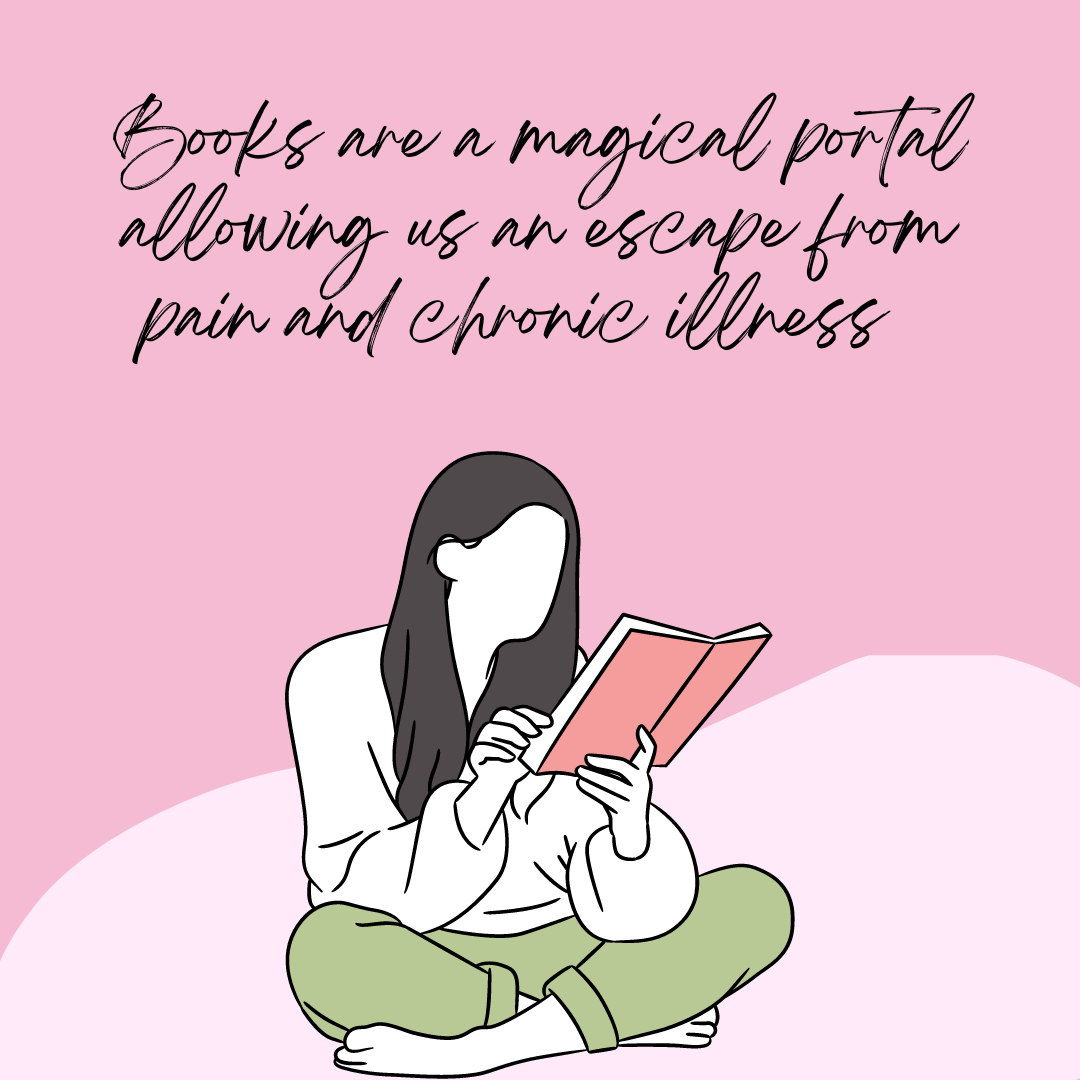
Pain and illness often confine me behind the same four walls, with a scenery that never changes. But books offer a window offering views of worlds and places, both real and imagined. Books and my imagination allows me to run, walk and move without the fear of falling and being unable to get back up.
"Pain and illness often confine me behind the same four walls, with scenery that never changes. But books offer a window offering views of worlds and places, both real and imagined." Click To TweetIn his essay, Mirrors, Windows, and Sliding Glass Doors, Rudine Sims Bishop stated that books, as well as being a window offering views of worlds, can also be a mirror. He wrote, “Literature transforms human experience and reflects it back to us, and in that reflection, we can see our own lives and experiences as part of the larger human experience.”
If Books Are A Mirror, They Fail To Reflect The Reality of Living With Chronic Illness
It saddens me that my favourite pastime ignores the thing that affects my life the most. The more time I spend inside books, the more my life feels as fictional as what I’m reading. Because whenever I pick up a book, there is never a mirror, only a void. Whatever I read, I can never see any fragments of my reality reflected on the pages of literature.
"The more time I spend inside books, the more my life feels as fictional as what I'm reading. Because books rarely reflect any fragments of my reality of living with a #chronicillness." Click To Tweet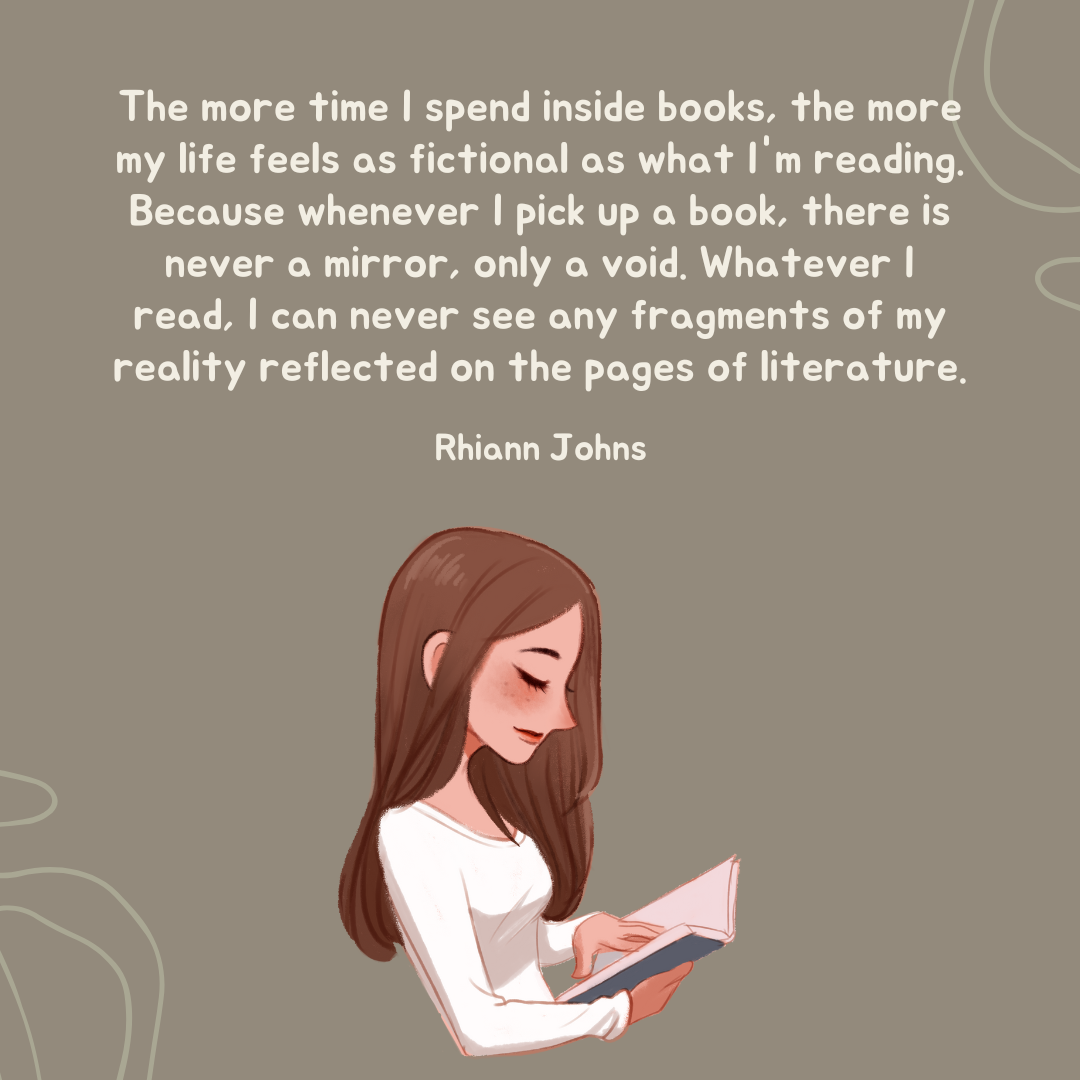
As in the real world, chronic pain and illness remain invisible and ignored in the literature I love to read. Constant, severe and debilitating symptoms don’t besiege the characters in books as I am. Nothing I read involves characters who depend on mobility aids to help them navigate the outside world.
I can never relate to or see myself in the characters represented on the pages of popular fiction. Instead, the main characters, love interests and heroes are everything I am not – healthy, strong, and able-bodied. And so it evokes a feeling of uncertainty about where or even if I belong.
"I can never relate to or see myself in the characters represented on the pages of popular fiction. Instead, the main characters, love interests and heroes are everything I am not – healthy, strong, and able-bodied." Click To TweetAs I search the bookshelves, no books reflect my experiences of being chronically ill back at me. I can only imagine what it would be like to find a book that reflects my story. I can only imagine reading words on a page that resonates so deeply that it feels like I am reading about my feelings and experiences of living with a chronic illness. Or how it would feel to see chronically ill characters who, like me, feel stuck, unable to move past or grow because of it.
If books did, there would be light and connection to a world that can sometimes be dark and lonely.
Books Representing Chronic Illness Would Give Me Something Familiar to Cling To Against The Tides of Loneliness
A book illuminating the realities of chronic illness would give me something familiar to cling to; a safety raft against the violent waves of solitude. Books that would grant me solidarity, allowing me to relate my experiences and be a witness to a body similar to my own.
"A book illuminating the realities of chronic illness would give me something familiar to cling to; a safety raft against the violent waves of solitude." Click To TweetSomething that would finally provide me with validation that my pain and experiences are real. Something I can wave around as evidence that what I’m experiencing is not fictitious or all in my head. If such books existed, I imagine the inked words rising from the pages like a pair of arms embracing me, reminding me I’m not alone.
"If representations of chronic illness did exist in books, I imagine the inked words rising from the pages like a pair of arms embracing me, reminding me I'm not alone." Click To Tweet
As I reflect on my childhood, puzzlement was the most overwhelming feeling I experienced when I first exhibited strange symptoms. I didn’t know anything about chronic pain or illness. I knew nothing about the diagnosis the doctors would eventually uncover. Usually, when I encountered a problem, I ran to books to try to make sense of it. But, this was a complication for which books had no answers. It only left me feeling confused, lost in the cold and with no map to help guide my way.
"Usually, when I encountered a problem, I ran to books to try to make sense of it. But, #chronicillness was a complication for which books had no answers." Click To TweetWhy We Need More Representation of Chronic Illness in Books
It was a scary and lonely time. But if there had been more representation of chronic illness in books, it might have made everything less frightening. If there were fictional characters I could identify with, I could see life with a chronic illness differently. And perhaps discover new ways to cope with the many illness-related obstacles. But more importantly, seeing characters thriving despite health challenges would give me hope when there’s often none to see.
"But more importantly, seeing characters thriving despite health challenges would give me hope when there's often none to see." Click To TweetI hate sharing my life with chronic illness. It is ceaseless, painful and terrifying, But still, I have been subject to suggestions that I am faking. Or at least exaggerating my illness for attention.
But chronic illness, especially those illnesses and disabilities that are invisible, remains unseen in books and popular culture. Still, illness and disability are taboo subjects, hidden in the dark, ignored and unconsidered.
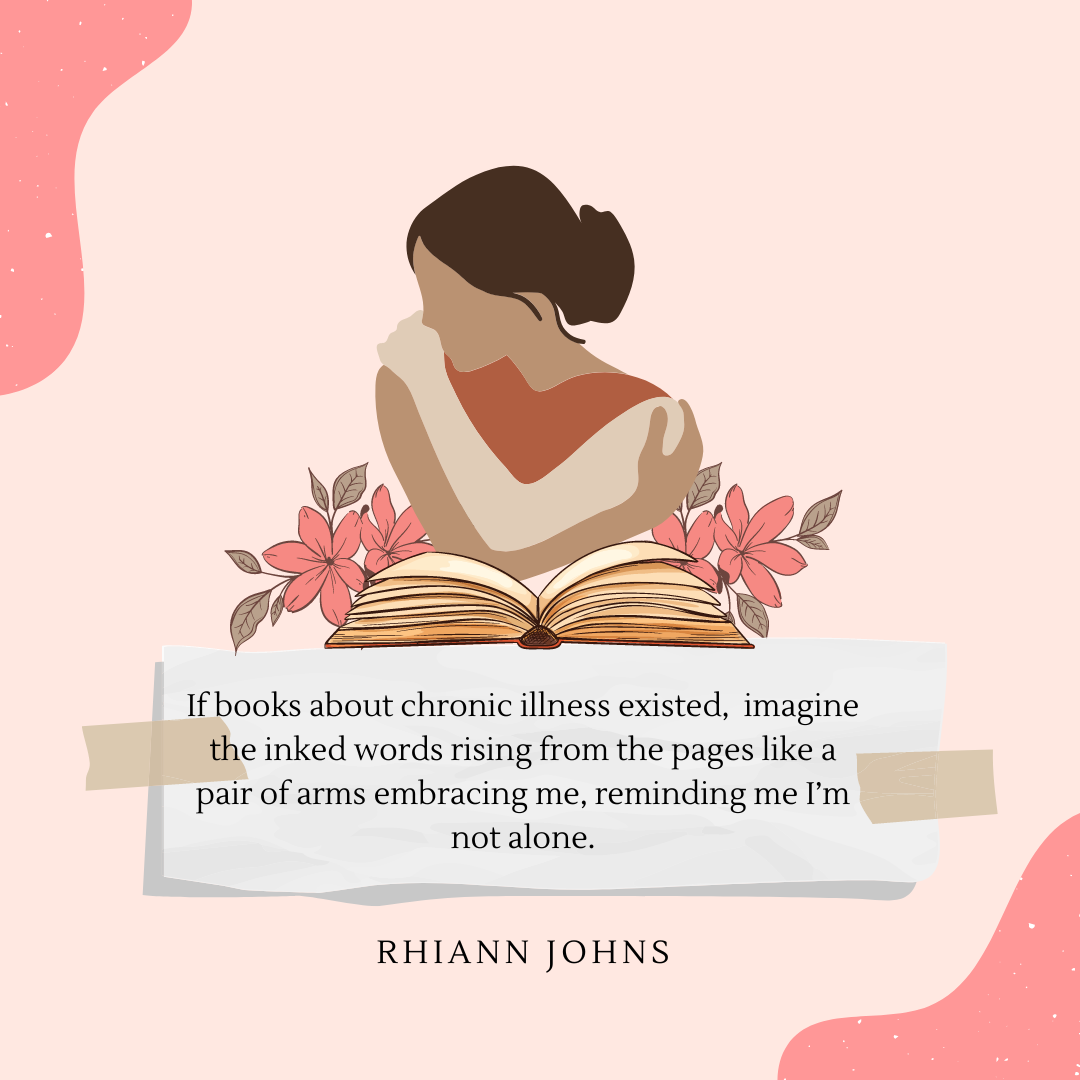
Representation Can Improve Understanding of Experiences Beyond That of Our Own
But books are empathetic, connecting us to experiences beyond our own and opening our eyes to obstacles others face. If there were authentic representations of chronic illness in fiction, perhaps those not facing such issues would be more aware and understanding of those who do. It will prevent others from judging us when we have to cancel at the last minute. It will help people not to judge us for needing certain accomodations despite being young and looking healthy. If more stories existed featuring main protagonists living with chronic illnesses, it would help validate our existence and help us feel seen and a part of society.
"If there were authentic representations of chronic illness in fiction, perhaps those not facing such issues would be more aware and understanding of those who do." Click To TweetAlthough the representation of chronic illness in literature is lacking, it isn’t to say that there isn’t any. With the emergence of ‘Sick-Lit,’ a new genre of young adult fiction features characters living with illness. Characters who live with chronic illness alongside the added complications of adolescence and growing up. My younger self could only crave the kind of solace, affirmation and community seeing my experiences represented in something tangible.
Seeing Chronic Illness In Books Would Give Those Experiencing It Something to Relate To
As I read the pages of sick-lit, I felt its words could have been about my own life. I could relate to the suffocating loneliness and isolation its characters often expressed through being sick. But, still, my older self felt disconnected from the story and its representation of chronic illness. Because as a 30-something-year-old, I am older than those characters represented in sick-lit, usually angsty teens or young adults. The problems and complications I face from being chronically sick are very different and rarely discussed in popular literature.
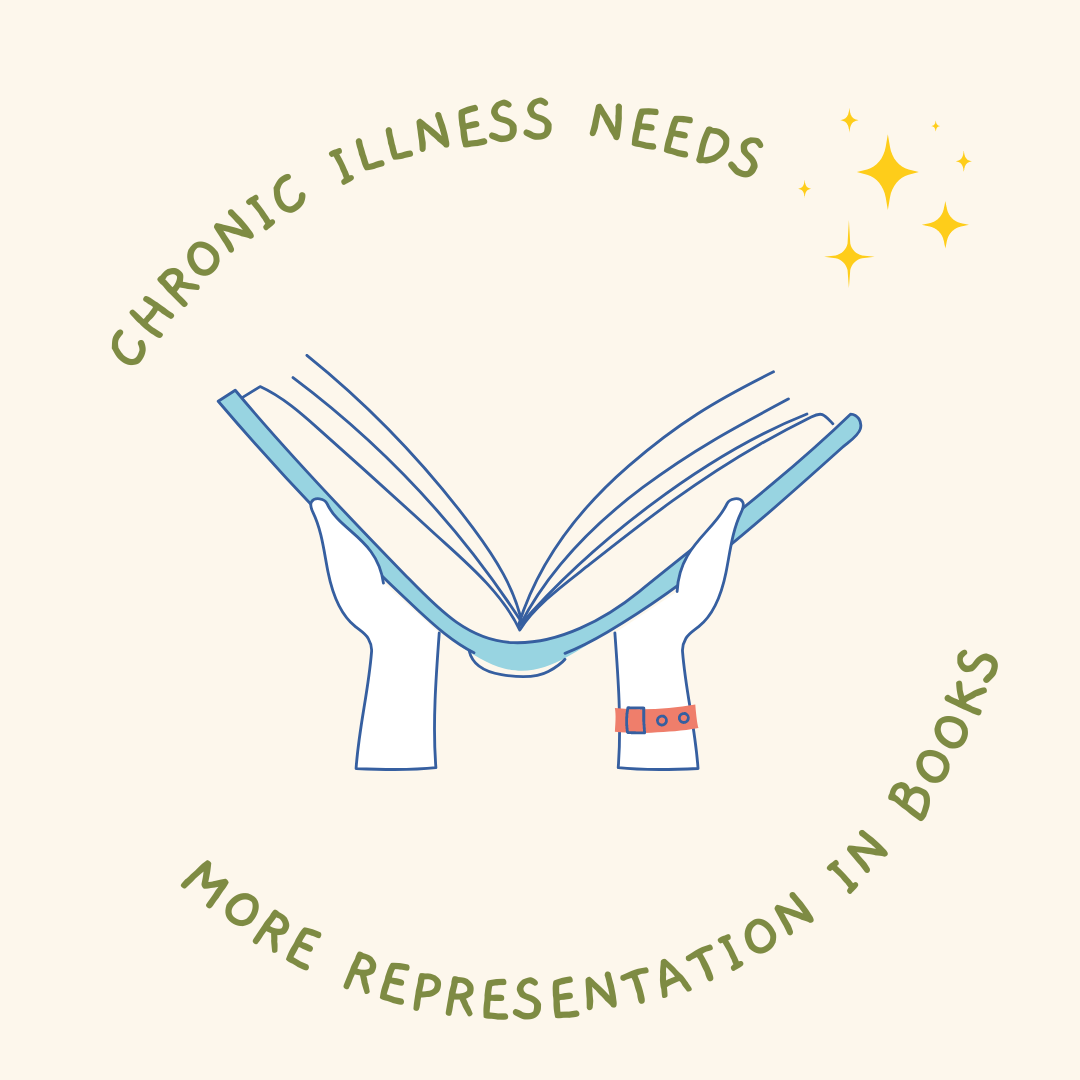
It’s encouraging that we are starting to see the representation of chronic illness in books; it still isn’t enough. Older readers, like myself, deserve to see themselves in the characters. Books with characters struggling with chronic pain and illness whilst also grappling with all the responsibilities of adulthood.
I want to read about characters who struggle with losing their independence. Characters who, like me, battle with insecurity because of the physical effects it has on their body and their life. I want to cheer on characters who feel worthless and unattractive. And who often fear that they will never find love because of something they think makes them a burden.
I would love nothing more than to open a book to find a mirror when I read. A mirror that reflects my experiences and feelings of living with a chronic illness. Because no matter who you are, the bookshelf and the literary world should be a place for everyone. The books aligned on our bookshelves should be as diverse as the world we live in and should represent everyone. But until there is more representation of chronic illness in books, I will have to continue reading for escapism.
"Because no matter who you are, the bookshelf and the literary world should be a place for everyone. The books aligned on our bookshelves should be as diverse as the world we live in." Click To Tweet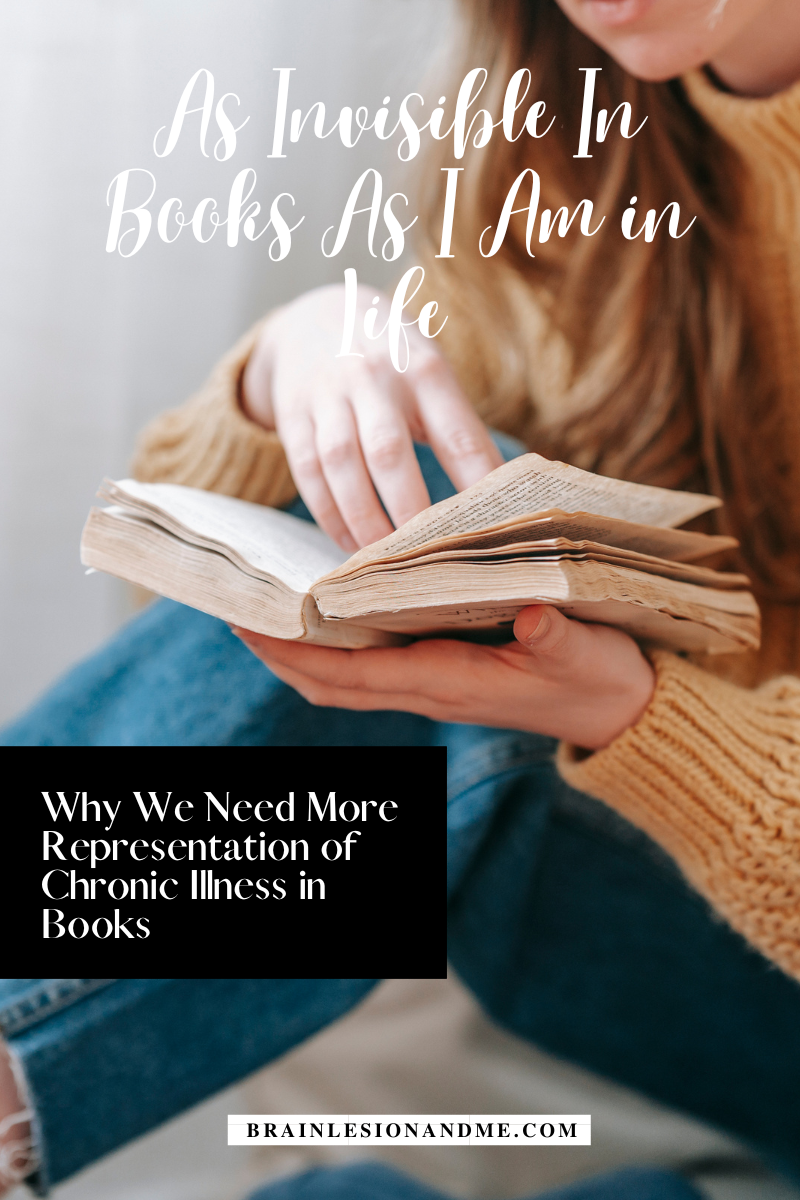
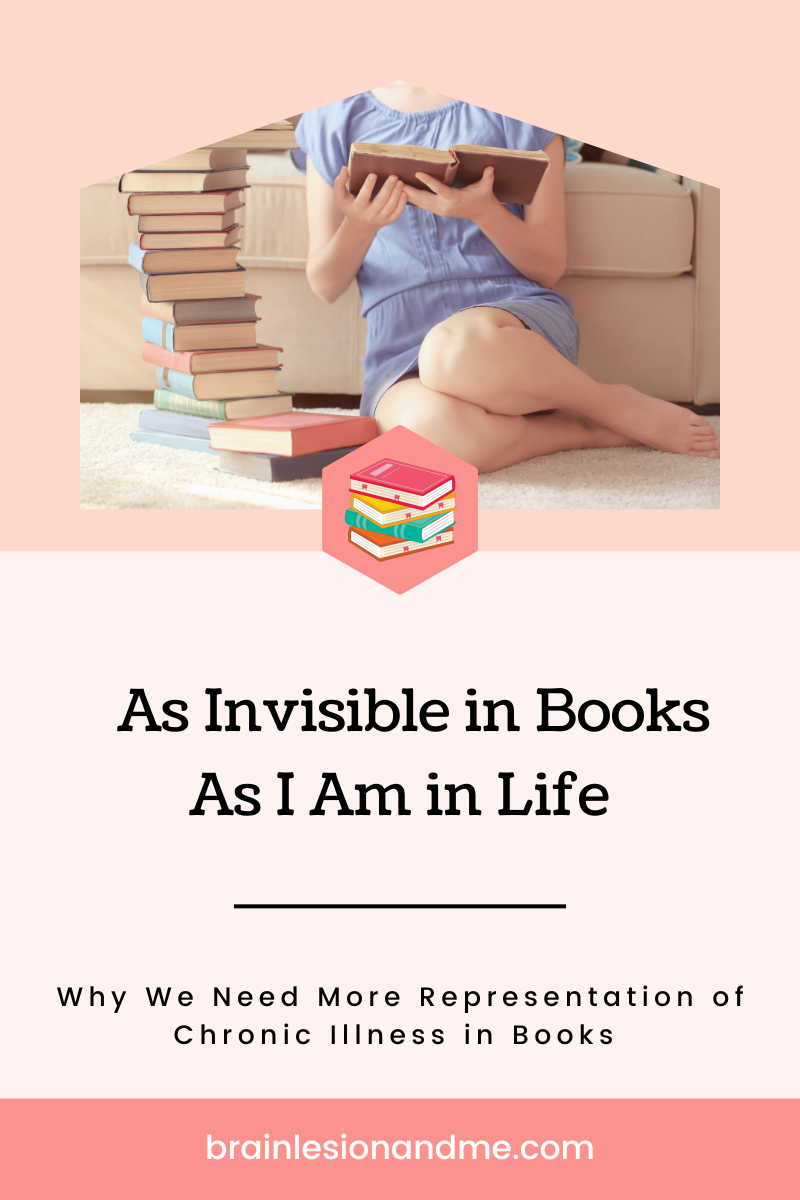
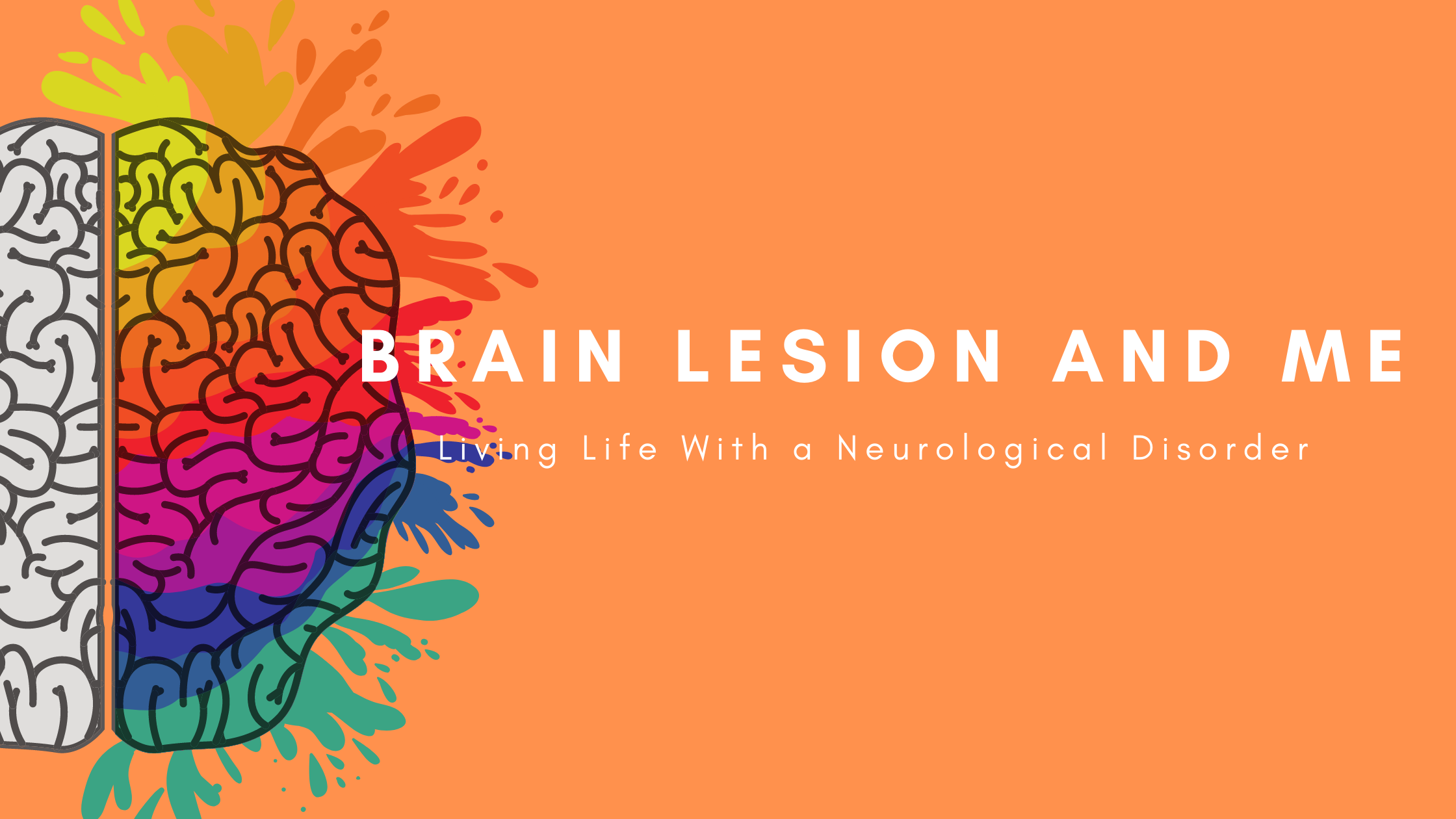
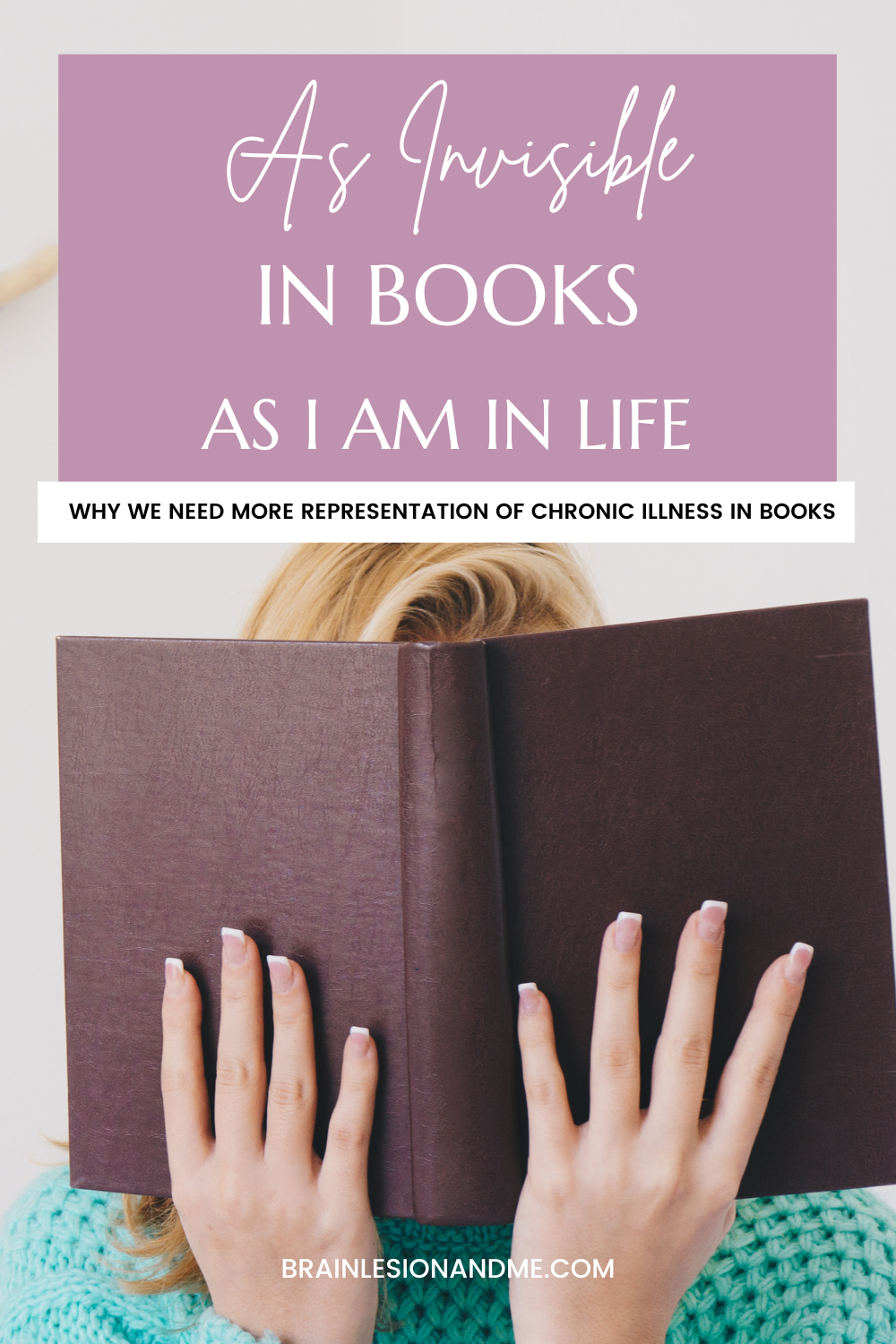
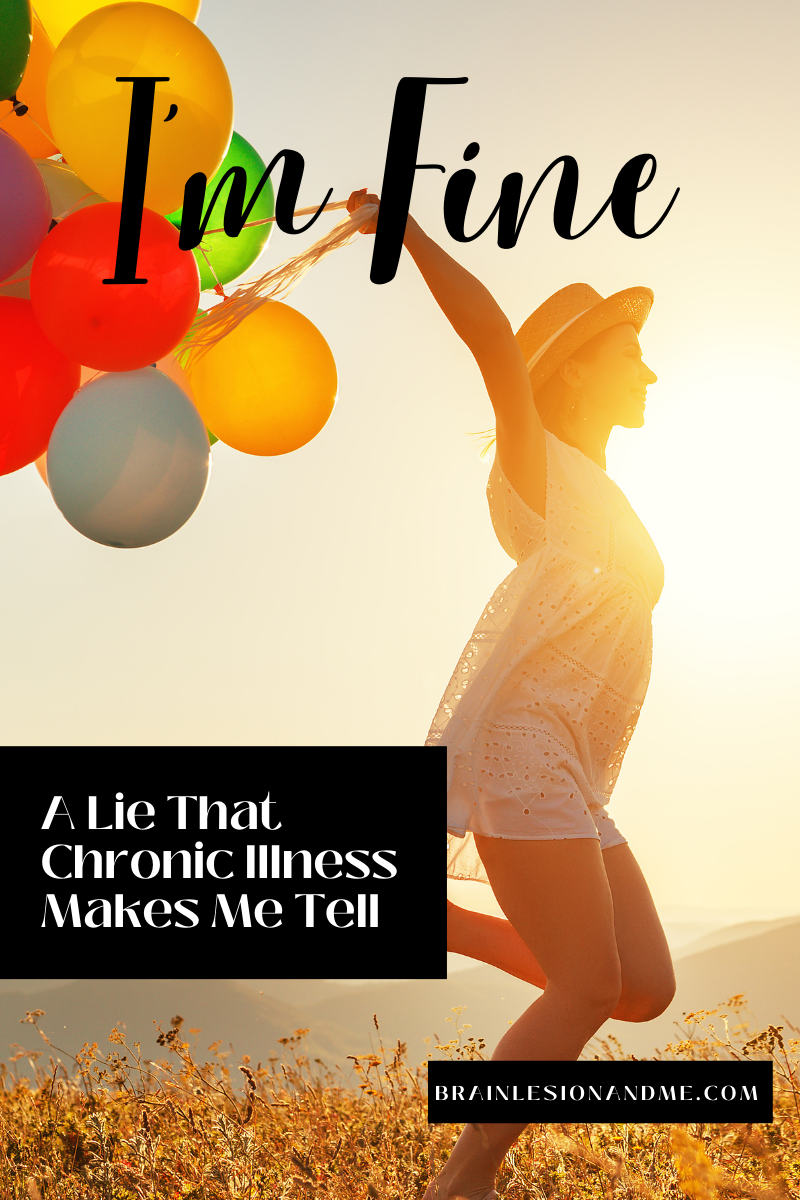

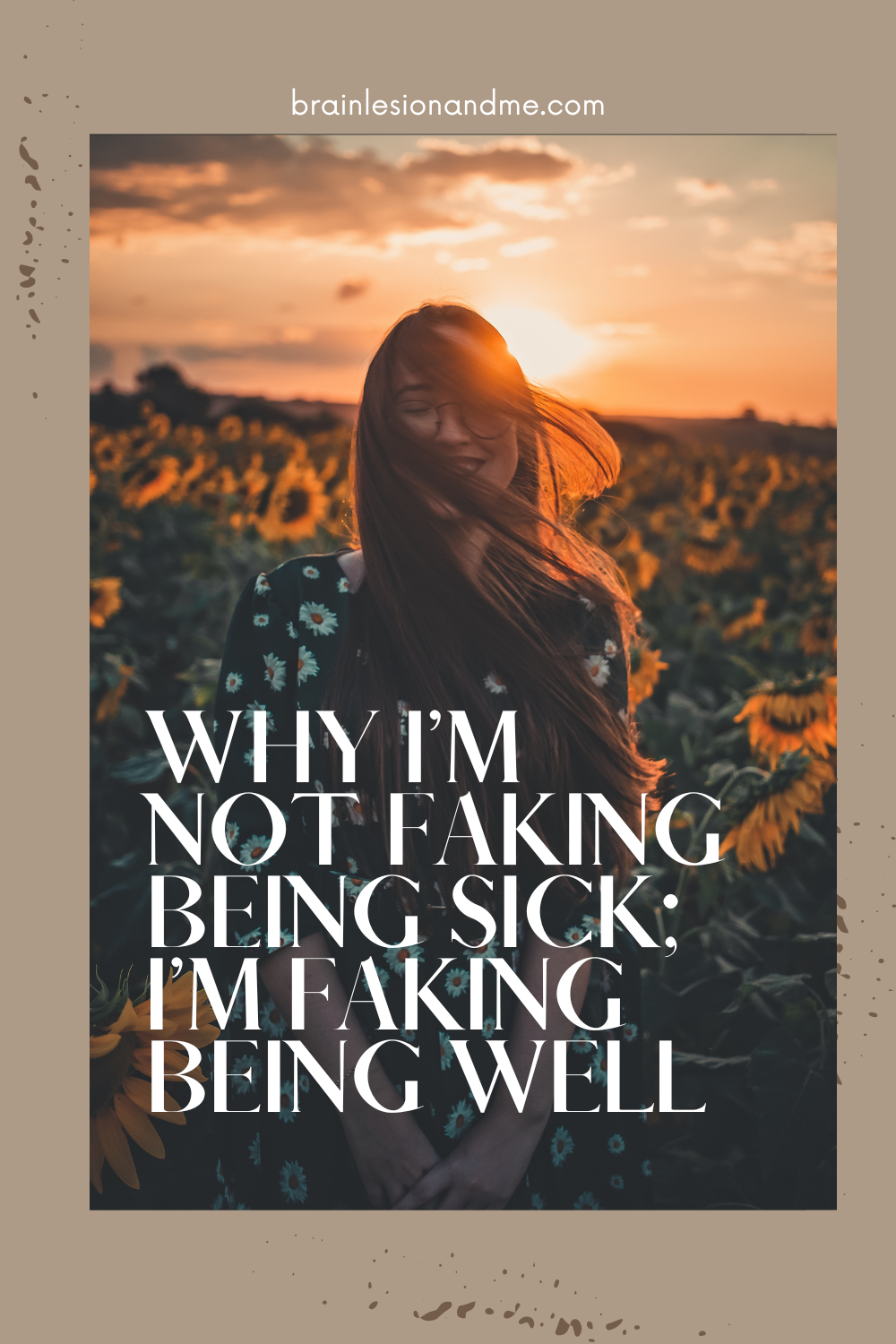
Pink Spinel
Hi Rhiann.
Great blog & blog post! I haven’t read these books, but I saw 1 listed in an article titled, “12 Holiday Gifts for Caregivers and the People they Care For” painnewsnetwork.org dated 11-24-22. The list was all books, but only 1 fiction book described as “paranormal crime novels” by Engish author Laura Laasko, who has EDS & likes to give many of her characters chronic illnesses in her books. It said it was part of a series of books written from 2018 to 2022. Her last book, Wildest Hunger was the one mentioned in the article.
Laura Laasko books:
1. Fallible Justice 05-17-18
2. Echo Murders 07-25-19
3. Roots of Corruption 03-31-20
3.5. The Doves in the Dining Room 11-18-21
4. Wildest Hunger 10-31-22
I hope these books will keep you happily reading for a while. Happy holidays!!
Mandy Green
I usually read fantasy or sci fi because in those universes, either by magic or improved medical science I could conceivable be healthy. At least that’s what I tell myself. And if the story winds up being torturous for the main character I can either think a) at least I’m not living through THAT or b) boy do I know how that feels. Or I tell myself that I’m a warrior, too. I’m just fighting my own body instead of someone else’s.
That said, let me highly recommend the book “Friends and Foes” by Sarah M. Eden. The main female character Sorrel is chronically ill. She struggles with all the issues you mentioned, ie loss of independence, “will anyone love me” etc. Making it even more unusual, it’s a romance novel, not even YA. It is set in the regency era. I found it by chance and have since read most of her work because I so appreciated that moment of validation, of being SEEN, of seeing my struggle reflected in a work of fiction. The best part is that while it’s fine as a stand-alone, it’s the second book in an over-arching series so you get to see her in all the other books in the series and her story continues. She pursues treatment and she tries to start a family. It’s a wonderful treat.
Enjoy!